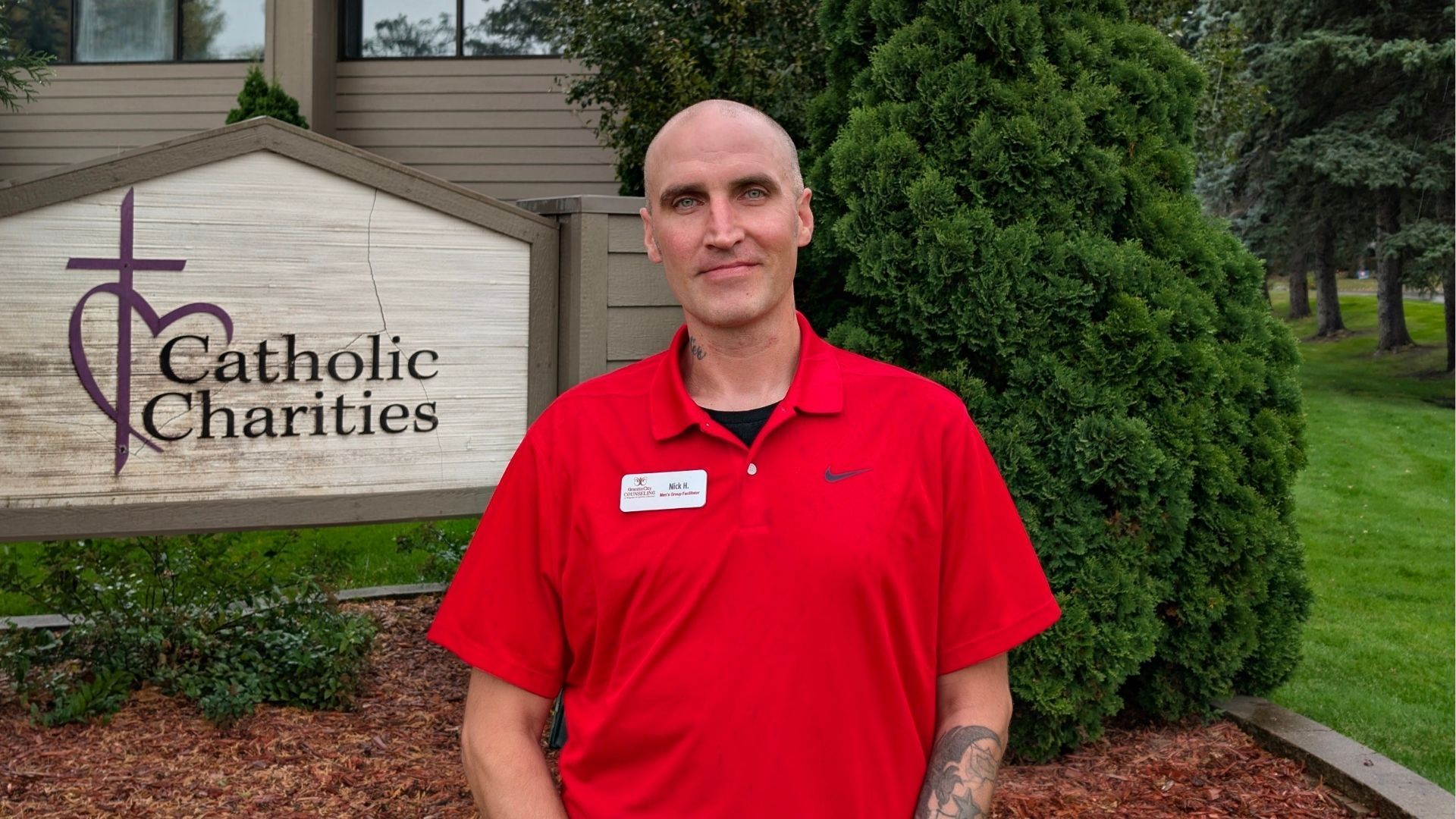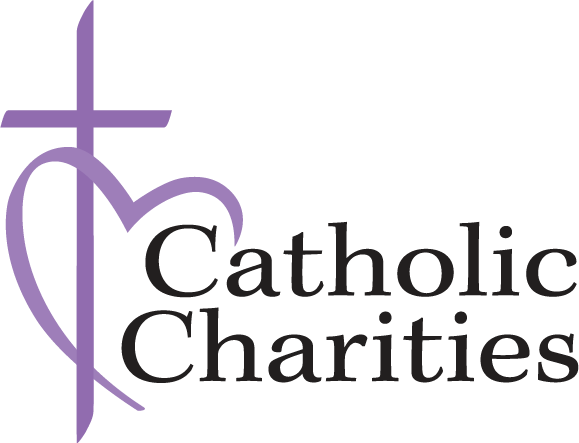AAPI Heritage Month

Asian American and Pacific Islander Heritage Month (AAPI Heritage Month) is an annual celebration that recognizes the historical and cultural contributions of individuals and groups of Asian and Pacific Islander descent to the United States. The AAPI umbrella term includes cultures from the entire Asian continent—including East, Southeast and South Asia—and the Pacific Islands of Melanesia, Micronesia and Polynesia.
Origins of AAPI Heritage Month
In 1977, New York representative Frank Horton introduced a resolution which proposed proclaiming the first 10 days of May as Asian/Pacific American Heritage Week. Hawaii Senator Daniel Inouye introduced a similar joint resolution the same year. When the resolutions did not pass, representative Horton introduced another joint resolution the following year, which requested the president to proclaim a week during the first 10 days of May starting in 1979, including May 7 and 10, as Asian/Pacific American Heritage Week.
After the House and the Senate passed the Resolution, President Jimmy Carter signed it into public law on October 5, 1978. From 1980 to 1990, each president passed annual proclamations for Asian/Pacific American Heritage Week. In 1990, Congress expanded the observance from a week to a month. May was annually designated as Asian/Pacific American Heritage Month in 1992 under the George H. W. Bush administration. Asian/Pacific American Heritage Month was renamed as Asian American and Pacific Islander Heritage Month in 2009.
The month of May was chosen for AAPI Heritage Month because it commemorates the immigration of the first Japanese people to the United States on May 7, 1843. May is also a significant month because it recognizes Golden Spike Day, May 10, 1869, which marks the completion of the transcontinental railroad that was built with significant contributions from Chinese workers.
Why do we celebrate AAPI Heritage Month?
Asian Americans and Pacific Islanders have contributed significantly to many facets of American culture and society, including science and medicine, literature and art, sports and recreation, government and politics, and activism and law. In 2021, Kamala Harris became the first Asian American Vice President of the United States.
AAPI people have a long history in the United States, despite the stereotype that they are “perpetual foreigners,” the idea that Asian Americans and Pacific Islanders are inherently foreign, other and not truly American.
In the 16th century, Filipinos who were escaping forced labor and enslavement during the Spanish galleon trade immigrated to North America, eventually establishing a settlement in St. Malo, Louisiana in 1763. During the California Gold Rush of the 1850s, a wave of Asian immigrants came to the West Coast and provided labor for gold mines, factories and the transcontinental railroad. In 1882, Congress enacted the Chinese Exclusion Act, which banned Chinese immigration for 20 years.
Japanese and Koreans began immigrating to the United States by 1885 to replace Chinese labor in railroad construction, farming and fishing. However, in 1907, Japanese immigration was restricted by a “Gentlemen’s Agreement” between the United States and Japan. The civil rights movement assisted the liberalization of immigration laws. The 1965 Immigration and Nationality Act changed restrictive national origin quotas and allowed for the large numbers of Asians and Pacific Islanders to come to the United States with their families. In the mid-1970s, refugees from Southeast Asia like Vietnam, Cambodia, and Laos came to the United States to flee war, violence, and hardship.
Today, Asian Americans and Pacific Islanders are the fastest growing racial group in the United States. AAPI Heritage Month celebrates the unique journey of all AAPI immigrants and citizens in the United States and their unique life experiences, traditions and cultures.
Anti-Asian Racism
Since their immigration to the United States, Asians have been met with xenophobia, racism, bias and violence. Chinese workers were abused, robbed and murdered in San Francisco in the 1850s. In 1854, the California Supreme Court ruled in People v. Hall that people of Asian descent could not testify against a white person in court, meaning that white people could avoid punishment for anti-Asian crimes. During World War II, from 1942-1945, people of Japanese descent were incarcerated in internment camps across the nation.
At the beginning of the COVID-19 pandemic, racist and xenophobic rhetoric about the origins of the virus led to a spike in anti-Asian racism and violence, with AAPI people of all ages and cultures being verbally and physically harassed and murdered in cities across the United States. As a response to the rise in anti-Asian violence, the AAPI Equity Alliance, Chinese for Affirmative Action, and the Asian American Studies Department of San Francisco State University launched the Stop AAPI Hate coalition on March 19, 2020. The coalition tracks and responds to violence, hate, harassment, discrimination, shunning and bullying of AAPI people.
In January 2021, the White House released a “Memorandum Condemning and Combating Racism, Xenophobia, and Intolerance Against Asian Americans and Pacific Islanders in the United States,” acknowledging their role in furthering xenophobic sentiments and proposing ways to prevent discrimination, harassment, bullying, and hate crimes against AAPI individuals.
Additional Sources:
https://www.asianpacificheritage.gov/
https://smithsonianapa.org/about/
https://www.history.com/topics/holidays/asian-american-pacific-islander-heritage-month
Our Recent News




